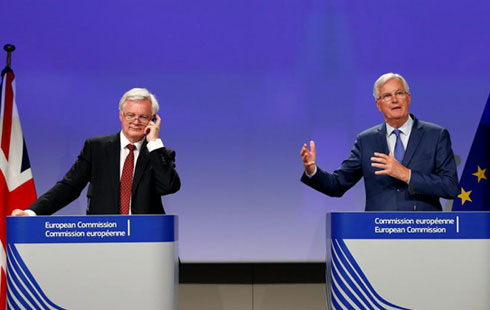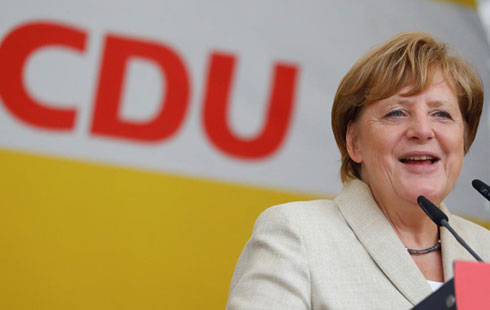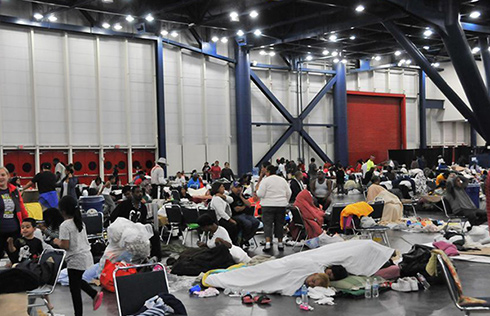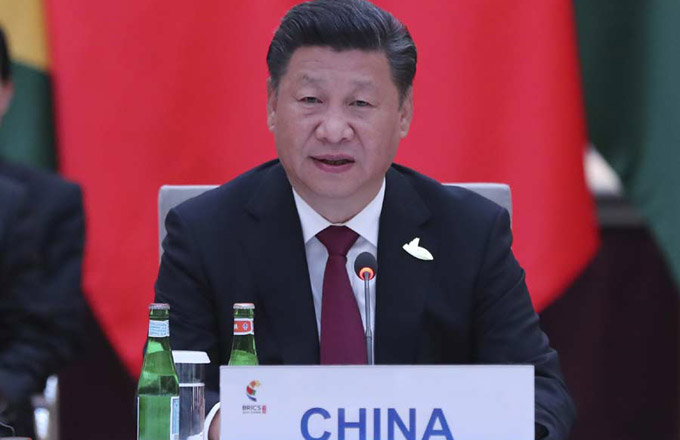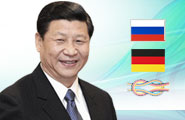Organizers outline discussion topics, main goals, achievements
The 2017 BRICS Business Forum aims to encourage a more open trade and investment environment through talks between governments and companies, said Jiang Zengwei, head of the China Council for the Promotion of International Trade, which organized the event.
"Currently, the recovery of the global economy remains unstable and the process of economic globalization faces challenges," he said.
Investment and trade is one of the main topics to be discussed at the forum, which will be held from Sept 3 to 4 in Xiamen, Fujian province in East China, as one of the major events of the ninth BRICS Summit.
The discussions will emphasize the maintenance of multilateral trade and anti-trade protectionism, Jiang said.
The business forum has attracted about 1,200 attendees from 25 countries, including more than 50 Fortune Global 500 companies.
Jiang said: "With economic globalization and regional economic integration, all the countries in the world are closely connected. By relying only on one's own resources, it would be difficult to provide everything a country needs to develop."
The BRICS countries - Brazil, Russia, India, China and South Africa - contain 40 percent of the world's population.
Together, they offer a huge market and vast potential consumption capability, Jiang said. The five countries have rich natural resources and flexible policymaking space, so positive trends can be foreseen, he added.
"Besides, they have all made economic development a priority. The differences in the various economies make cooperation both a common wish and a necessity," he said.
According to Jiang, the BRICS economies contribute 50 percent of global economic growth. They account for 23 percent of the world economy, 16 percent of all foreign trade and 12 percent of outbound investment.
"We all hold a positive attitude toward free multilateral trade," he said.
Another hot topic at the forum is financial collaboration.
Since the United States Federal Reserve began raising interest rates again, developing countries and emerging markets that rely heavily on the US dollar will be affected, Jiang said.
In 2015, the BRICS countries launched the New Development Bank to provide financing across the bloc as well as other developing and emerging markets, spearheading the creation of an alternative funding source.
"It's necessary to strengthen communications in the financial field at the forum to improve the collective ability to confront financial risks and promote currency circulation," Jiang said.
"Since the BRICS countries all have long coast lines, the development of sea-related industries, including fisheries, marine tourism and new energy have great potential," he said.
To help further boost the blue economy, discussions at this year's business forum will stress the protection and sustainable use of marine resources, and will promote innovation in marine technology and cyclic utilization of the sea, Jiang added.
As the organizer of the event, the China Council for the Promotion of International Trade has provided a platform for related companies to outline their suggestions to the BRICS governments, providing reference points for the latter to take into account in their decision-making process.
Representatives from companies in different industries will provide valuable insight and advice concerning laws and policies, according to Jiang.
"The positive interaction can help companies to realize sustainable development and the global economy to prosper," he said.
The communications mechanism between business circles and the government will be examined at the connectivity sub-forum, along with the promotion of infrastructure construction investment and exchanges among business people from BRICS countries.
"I believe cooperation among the BRICS countries still has a lot of room for expansion. It won't take long for it to become evident how this all works like an engine to stimulate global economic development," Jiang said.
Later, the China Council for the Promotion of International Trade will help to improve commercial and legal services and will provide trading information for BRICS companies to conduct business and investment globally.





